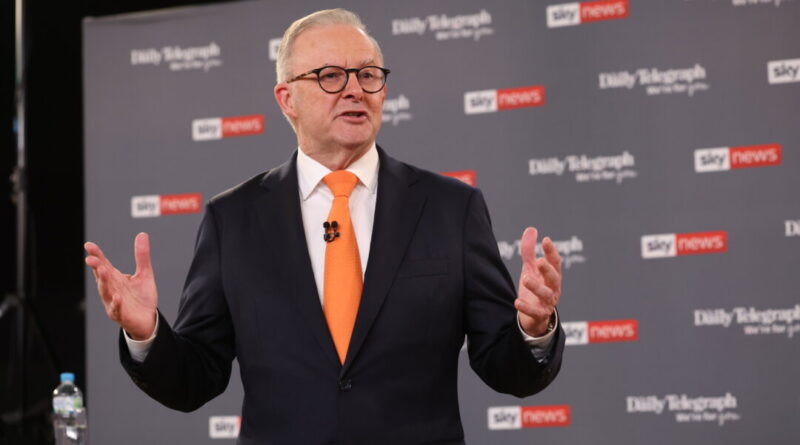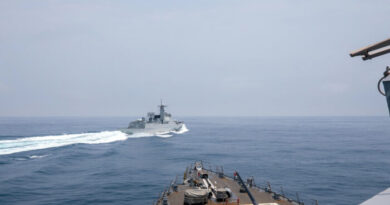Albanese Banks Invest in Critical Mineral Reserves to Strengthen Sovereignty
The new strategic reserve established by Australia’s Labor government aims to secure critical minerals, reduce Chinese influence, and attract allies like the US as global supply chains face increased scrutiny.
With an investment of $1.2 billion (US$764 million), Prime Minister Anthony Albanese highlighted the importance of building an alternative supply chain to China, emphasizing the need to enhance economic resilience and leverage Australia’s natural resources.
The initiative will enable the government to acquire minerals from commercial projects or establish fixed-price purchase options, creating stockpiles under offtake agreements.
Expected to be operational by late 2026, a task force will work with stakeholders to design the reserve’s structure. These critical minerals will be made accessible to domestic industries and strategic international partners to ensure reliable supply.
Labor Defends Plan as ‘Game Changer’
Resources Minister Madeleine King described the move as stabilizing volatile markets and providing price certainty in an opaque market dominated by a single supplier. She labeled the reserve as a “game changer” that would complement other initiatives like production tax credits and an expanded Critical Minerals Facility.
Western Australia (WA) Premier Roger Cook welcomed the strategic reserve, highlighting its fundamental role in expanding the state’s resource sector. Similarly, the Minns Labor government in New South Wales (NSW) expressed support, aligning with their own upcoming projects.
‘Reheat and Rehash’: Opposition Says
Opposition Leader Peter Dutton criticized the announcement as a recycled promise lacking substance. However, he acknowledged the significance of securing critical minerals and emphasized the need for detailed planning in collaboration with partners like the United States, the UK, and Japan.
Industry Split Over Impact
The Association of Mining and Exploration Companies (AMEC) welcomed the initiative, seeing it as a positive step forward to boost the critical minerals industry in Australia. Conversely, Minerals Council of Australia (MCA) CEO Tania Constable raised concerns about the effectiveness of a strategic reserve, suggesting a need for evaluation alongside other measures to support the mining sector.
In addition to the reserve, Albanese announced an extra $1 billion for the existing Critical Minerals Facility. Separately, plans were unveiled to deprivatize WA’s regional freight rail network, starting with the return of the Eastern Goldfields Railway to public ownership to enhance productivity and reduce costs across the supply chain.



